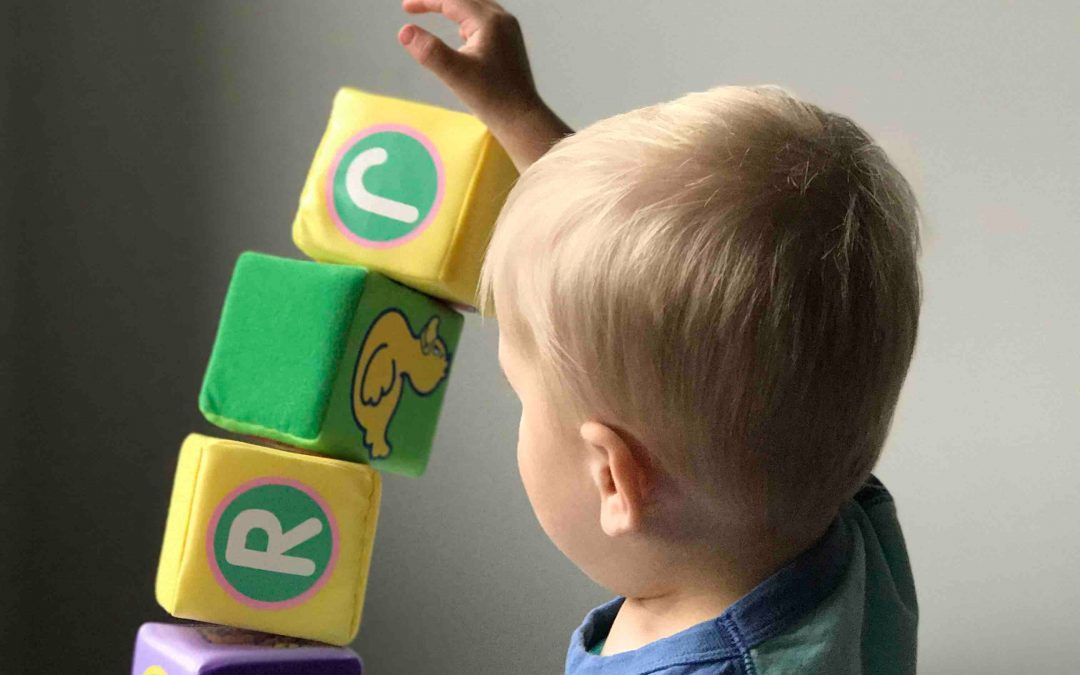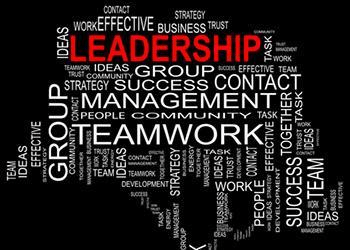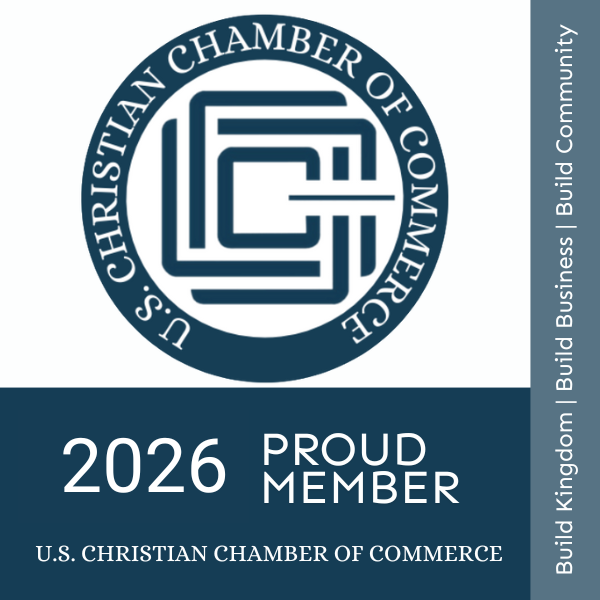Assessing Your Organization For Grant Readiness
A parent and a nonprofit founder have many things in common.

They are both passionate about (and sometimes passionately annoyed with) the thing they have “created.” It is exhilarating (and exhausting!) to be in charge of its growth.
They are also both concerned with whether their “creation” is growing and hitting developmental milestones.
Parents may worry about whether their child is making eye contact, walking, and using appropriate vocabulary. They wonder if their child is ready for kindergarten, or if they should wait another year to give their child more time to develop.
Nonprofit founders may wonder if their organization is developing the right mix of volunteers and staff members to help it grow, if their organization has the right mission statement and vision, and if their organization is doing enough to fundraise. Usually, within a few months of the organization’s creation, a nonprofit founder begins to wonder, “Should we apply for some grants?”
As a parent, you can easily find a checklist to help you decide whether little Johnny is school-ready, or if he needs to spend another year in preschool.
Likewise, you can find many checklists online to help you decide if your organization is ready to apply for grants, or if you need a little more time to develop.
At Pathways to Growth, we take these checklists a step further by having new clients complete a comprehensive grant readiness assessment. We use this assessment to create a customized plan to help each client build organizational capacity where needed.
Three of the most common issues we see among clients who are interested in applying for grants—but aren’t quite ready to win them are:
Issue 1: A solid foundation needs to be laid to apply for grants.
- You must have completed your 501(c)(3) application and have your 501(c)(3) letter of determination from the IRS.
- Your organization should have a mission statement, vision statement, and offer programs or services that align with your mission.
- Your organization should have a budget and be able to provide a current balance sheet, and/or a profit and loss statement.
- You should have completed an appropriate review of financial statements. The Better Business Bureau Standards for Charitable Accountability state that when the organization reaches $250,000 in annual revenue, it should conduct annual audits. Organizations with budgets between $10,000 and $250,000 in annual revenue should have a review conducted by a CPA. For those under $10,000 in revenue an internally produced complete financial statement is allowable.
- You should written financial procedures in place.
- You should be able to share success stories from your organization and your work.
Why this matters:
While some funders enjoy funding start-up nonprofits or pilot programs, they still expect organizations to demonstrate the ability to legally accept funds, account for them, and use them to accomplish their mission.
Pro tip:
Returning to our parenting imagery: if the above issues describe your organization, you are in the newborn phase. Newborns require a LOT of attention; they can’t care for themselves. Remember to take the long view! Eventually, that newborn who needs a bottle every 3 hours will learn to feed herself. The newborn who can only cry will learn to say words and even paragraphs. Likewise, your organization will become established in your community and begin to attract donors and outside funders. But you have to lay a lot of foundation first. Don’t grow weary! Keep it up, and surround yourself with support as you face the joys and challenges of these “newborn days.”
Issue 2: You should look committed to fundraising.
- 100% of your board members should give financially to the organization.
- Your board should participate in securing donations.
- Your organization should use other fundraising strategies (such as events, direct mail appeals, or social giving) before you apply for grants.
Why this matters:
Funders expect 100% Board giving as a sign of a good investment. A healthy organization has many revenue streams; nonprofit experts state that approximately 70% of your organization’s revenue should come from individual donors (including board members) through donations or events, 20% should come from foundation gifts, and 10% should come through corporate sponsors through event or program sponsorship. If you are a new organization, you probably aren’t there yet. In the meantime, try to show the funder that you are using a variety of funding streams, that your existing funders are committed, and that you think creatively about fundraising.
Pro tip:
It doesn’t matter how much your board gives—it just matters that every member gives something! We recommend that you create a mandatory board giving policy that you advertise and openly discuss during board recruitment and training.
Most funders want to see that the community has an interest and investment in your organization. Foundations don’t want to be your sole source of income because they know that is not sustainable. Show them that you have widespread community support, and you work hard to generate your own funding. This makes you more attractive as a grantee.
Issue 3: Establish your priorities.
- Your organization should have a definition of “success” for your programs (also known as “program goals” or “objectives”).
- Your organization should be measuring the outcomes of your programs.
- Your organization should have a strategic plan.
- Your organization should be sure what the actual costs of your programs are—and what funding you really need.
Why this matters:
Funders receive many applications. To help them choose between many good causes, they look for organizations who have a solid business plan, who will measure their success, and who can show them a good “return” on their investment. If your organization has not defined its priorities, you will not be a competitive applicant.
Pro tip:
To begin creating goals and objectives for your programs, consult with a subject matter expert from your field, or talk to other nonprofits providing similar programming. Ask what goals or objectives they measure, and use those as a template.
It will also be important to develop a way to track measurable outcomes for each of your programs by developing a process and procedure for gathering, entering, and analyzing data. Consider what points in your program processes would be good data collection points, and what tools you could use to capture information. If your nonprofit is located near a university, keep in mind that many universities seek research opportunities and have students and faculty members who could help you develop outcomes.
The bottom line:
If you start Johnny in kindergarten too early, he won’t be successful. The same is true for your organization and grant applications. If you start applying before your organization is ready, you won’t be successful. We are here to help you build your grant readiness.












